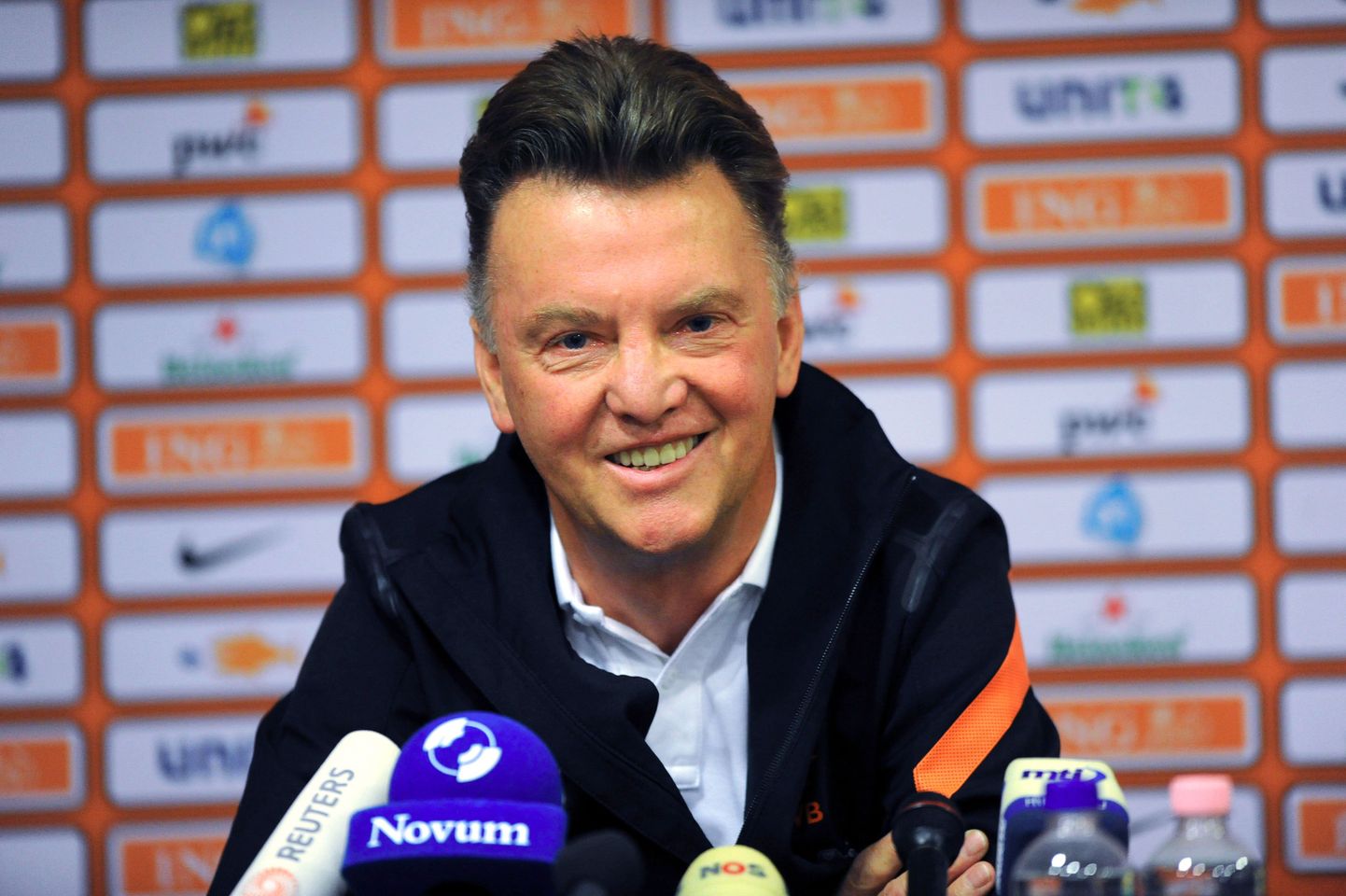At the same time, Mr van Gaal himself has always stressed – as confirmed by reality – that he never clings to definite formations, selecting it according to players available. While leading Barcelona in 1997–2000 and 2002–2003, for instance, he used 2-3-2-3. In Alkmaar, he went for the traditional 4-4-2. Dutch football association, however, hastened to command him to return to the «total Dutch football» and, in last qualifying games, he has indeed used three attackers.
According to Mr Klavan, Mr van Gaal has successfully managed to blend the more experienced superstars and younger home-league-guys into a solid team.
Of the 23 men summoned to play Estonia and Romania, a total of 13 play at home, with only nine players having a history of over 10 games. For contrast: the 2010 World Cup team only had eight home league players, and most had much more national team experience.
«The team they have right now, it’s not as tough as the one that made it to World Cup finals. We surely have a chance against them,» assesses Mr Klavan.
Both Mr van Gaal and the legendary attacker Patrick Kluivert, now his assistant, have a thing or two to remember, regarding Estonia. And a few things to prove.
A dozen years ago, Estonia was a few minutes short of shocking Holland at local Lilleküla opening game. And, even though goals by Kluivert and Ruud van Nistelrooy narrowly saved Mr van Gaal from being fired, by the skin of his teeth, the Dutch still had to retreat with shame by the end of qualifying cycle – in 2002, Holland never made it to World Cup.

